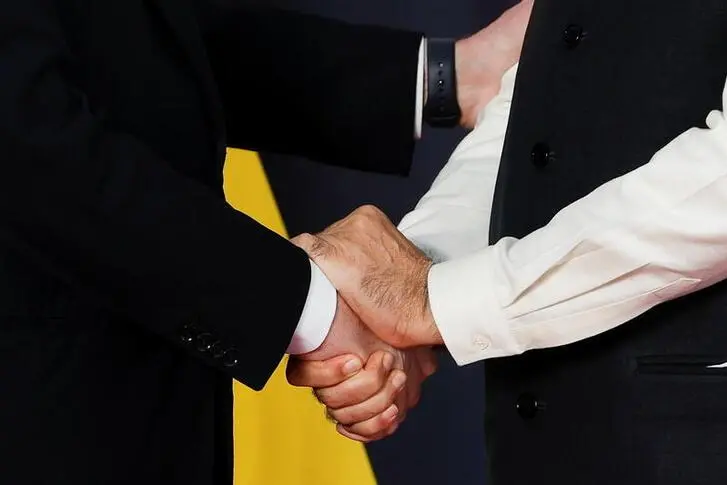PHOTO
India began its year-long presidency of the Group of 20 (G20) this week, taking over from Indonesia at a time of geopolitical tumult and uncertainty over post-pandemic economic recovery.
WHAT IS THE G20?
Formed in the wake of the financial crisis that swept through Southeast Asian economies in the late 1990s as a forum for finance ministers and central bank governors, the G20 was upgraded in 2007 to include heads of state and governments.
During and after the 2008 global financial crisis, the G20's coordinated efforts helped tamp down panic and restore economic growth.
The grouping comprises 19 countries cutting across continents and the European Union, representing around 85% of the world's GDP.
The G20 also invites non-member countries, including Bangladesh, Singapore, Spain and Nigeria, besides international organisations such as the United Nations, World Health Organization, the World Bank and the IMF.
WHAT DOES G20 PRESIDENCY ENTAIL?
The G20 does not have a permanent secretariat, and one member takes over the presidency each year to steer the grouping's agenda that is split into two tracks - one led by finance ministers and another by emissaries of leaders of member countries.
After India, Brazil will take over the presidency of the G20, followed by South Africa in 2025.
During its term, India will hold more than 200 meetings across some 50 cities involving ministers, officials and civil society, leading up to a marquee summit in the capital New Delhi in September 2023.
The summit will be attended by around 30 heads of state and government, from G20 members and invited countries.
WHAT IS G20'S UPCOMING AGENDA?
Indian Prime Minister Narendra Modi has called for international cooperation to deal with global issues, outlining the country's approach to the G20.
He said in a statement the challenges of "climate change, terrorism, and pandemics can be solved not by fighting each other, but only by acting together".
Modi also underlined a need to "depoliticise the global supply of food, fertilizers and medical products, so that geo-political tensions do not lead to humanitarian crises".
His statement reflects New Delhi's stance that the conflict in Ukraine, triggered by a Russian invasion in February, must be resolved through dialogue and diplomacy.
Asked about Russia's involvement in G20 during India's presidency, a spokesperson for the Indian foreign ministry said that as Russia was a G20 member, "we would expect them to be participating in this process ... the grouping needs to speak with one voice, particularly on important issues that are affecting the world".
WHAT DOES THE G20 MEAN FOR INDIA AND MODI?
The timing of the summit, ahead of India's general elections due in 2024, could help bolster Modi's already growing reputation at home as a leader of international stature.
The 72-year-old leader also appears to have a personal rapport with many of his G20 counterparts, including U.S. President Joe Biden and French President Emmanuel Macron.
Still, the current complex geopolitical and economic situation will make it a challenge for India and Modi to shape the international response to multiple crises.
This is a moment for India to transition from being a "rule-taker to being a rule-maker", said Rajiv Bhatia and Manjeet Kripalani of Indian think-tank Gateway House.
"The country has not invested much in multilateral rule-making institutions like the G20, but it is never too late to start." (Reporting by Devjyot Ghoshal; Editing by Simon Cameron-Moore)





















